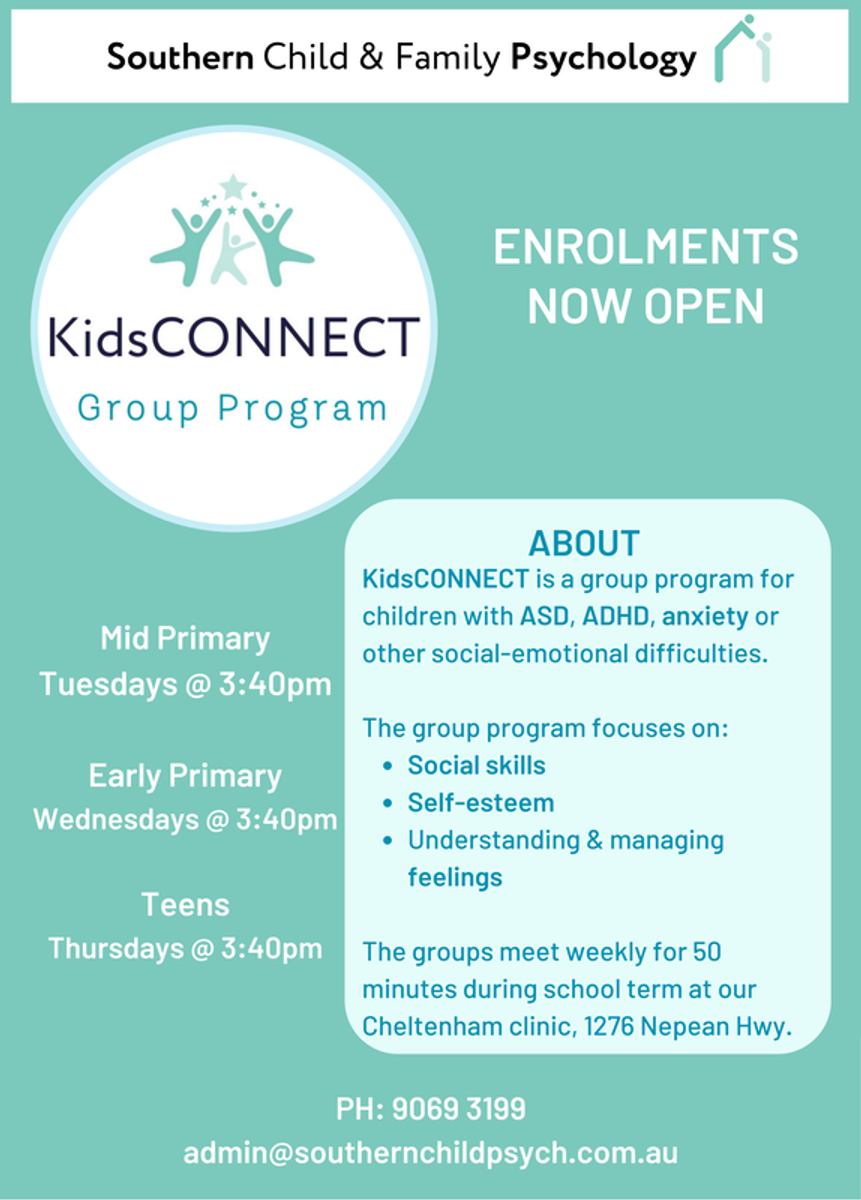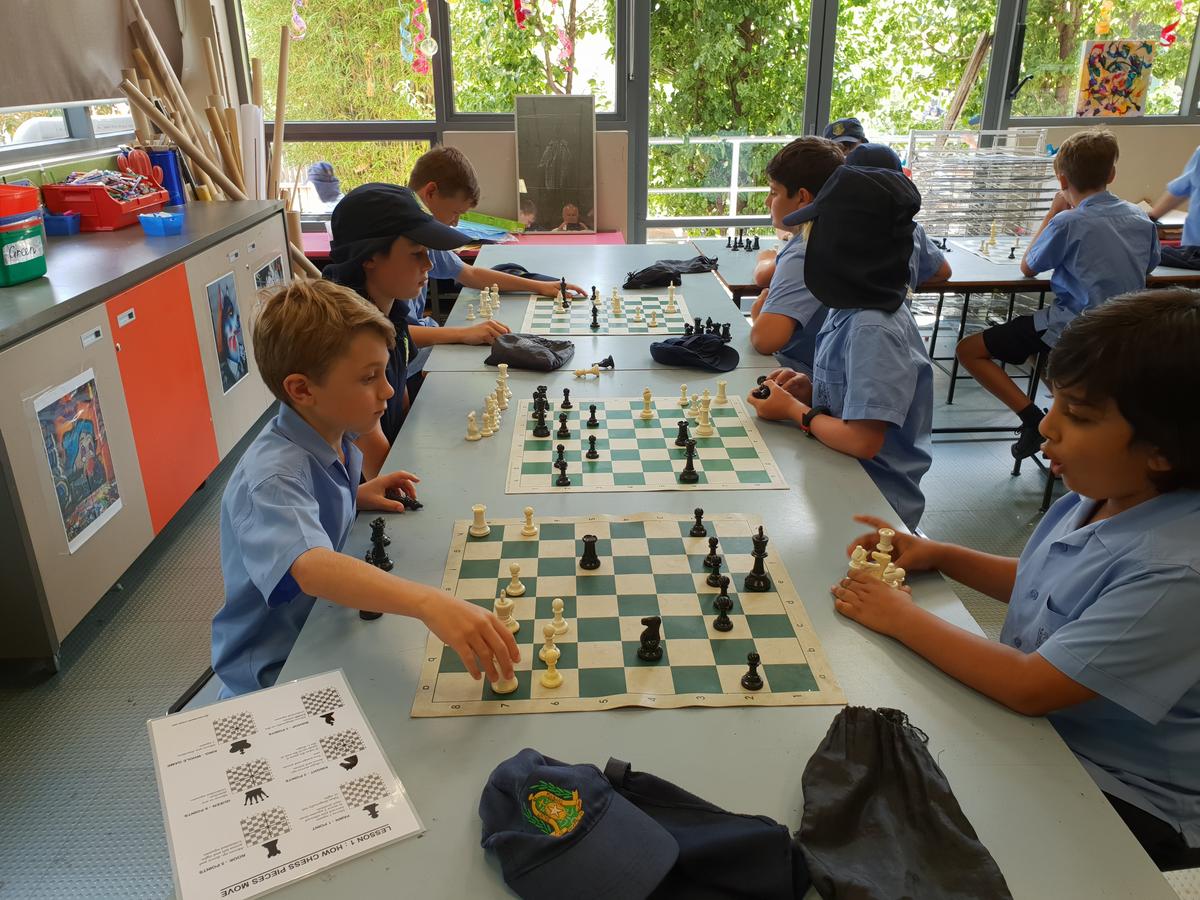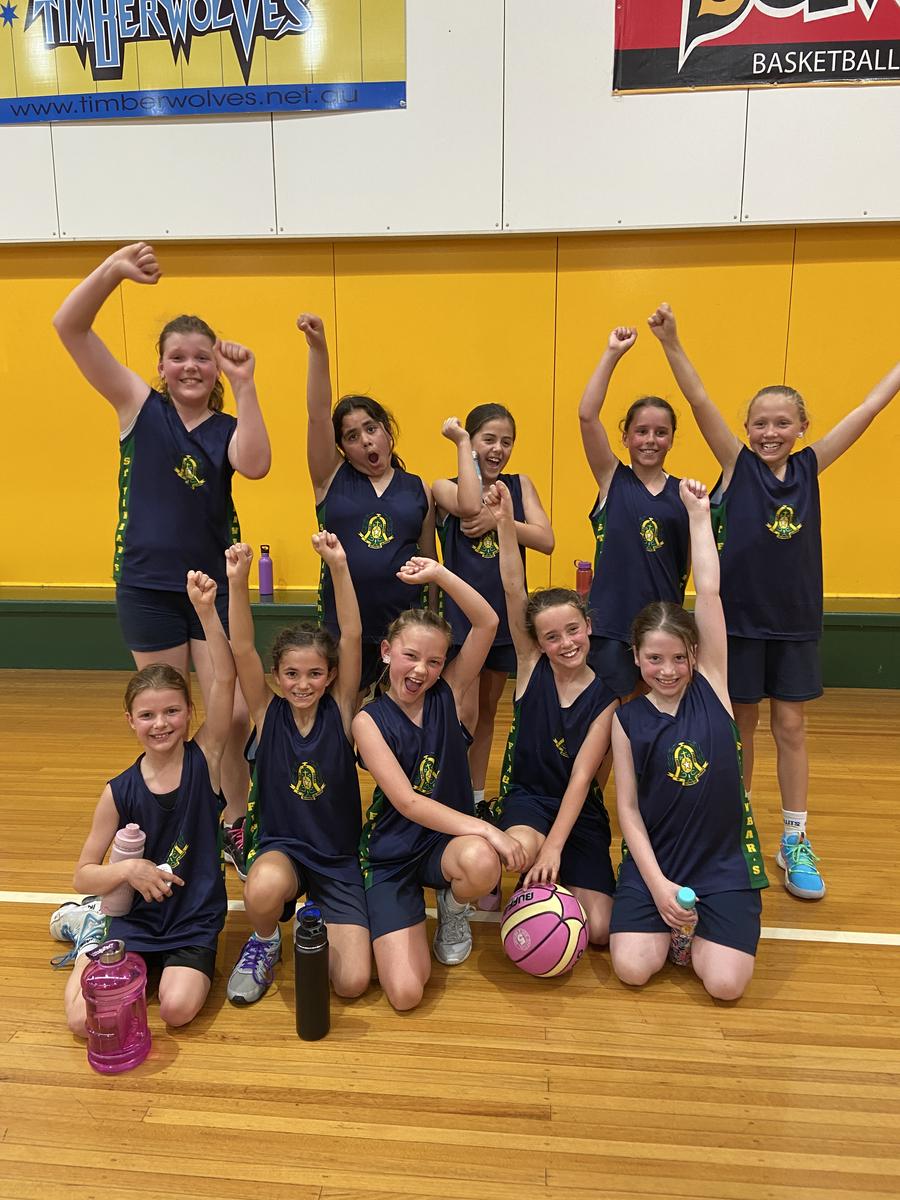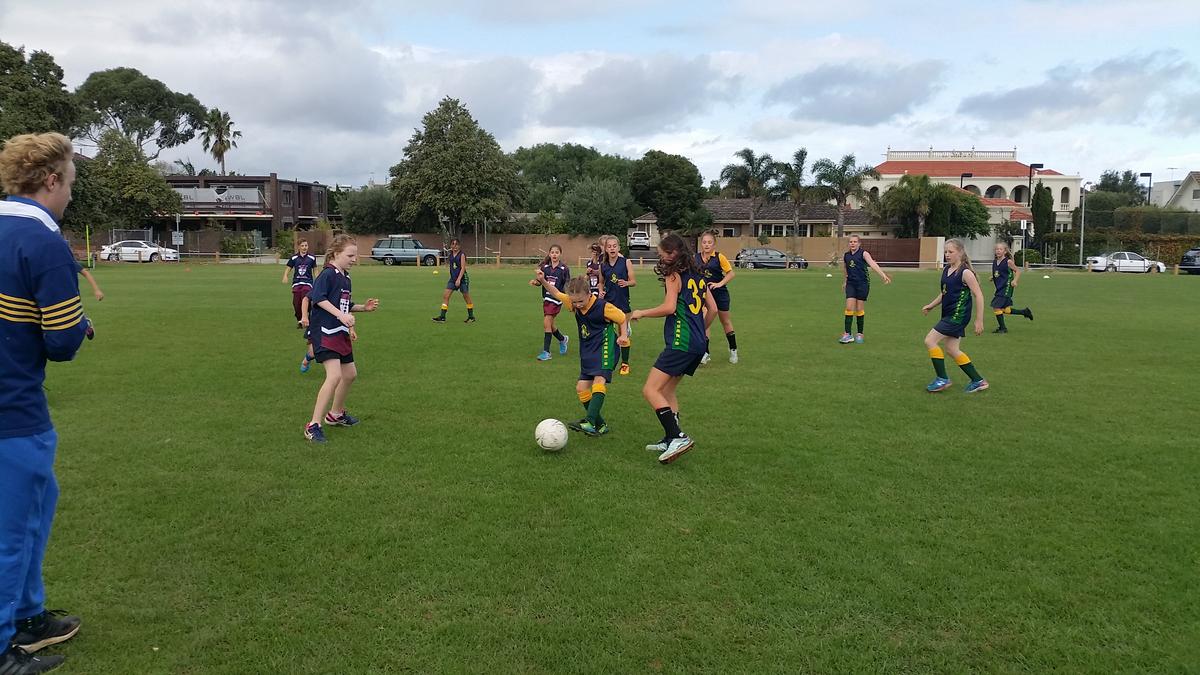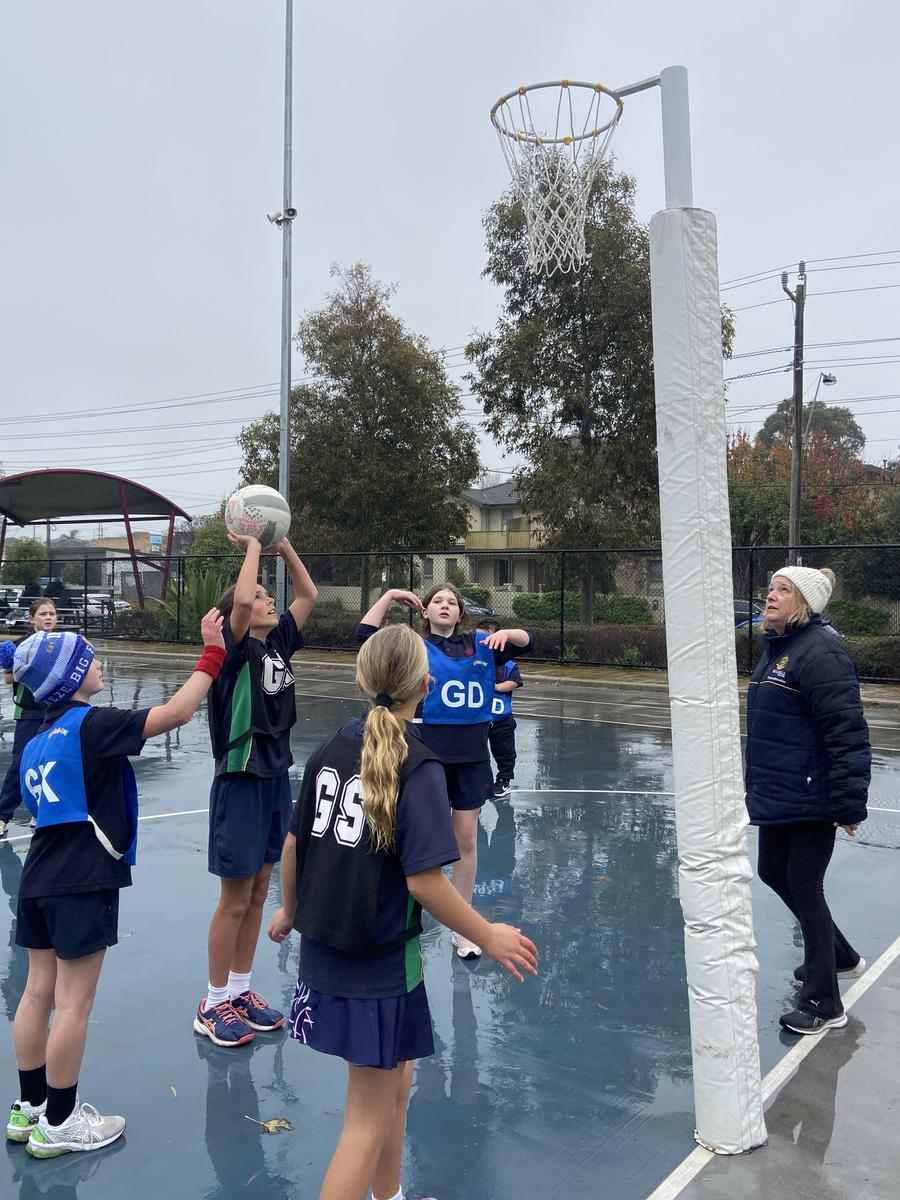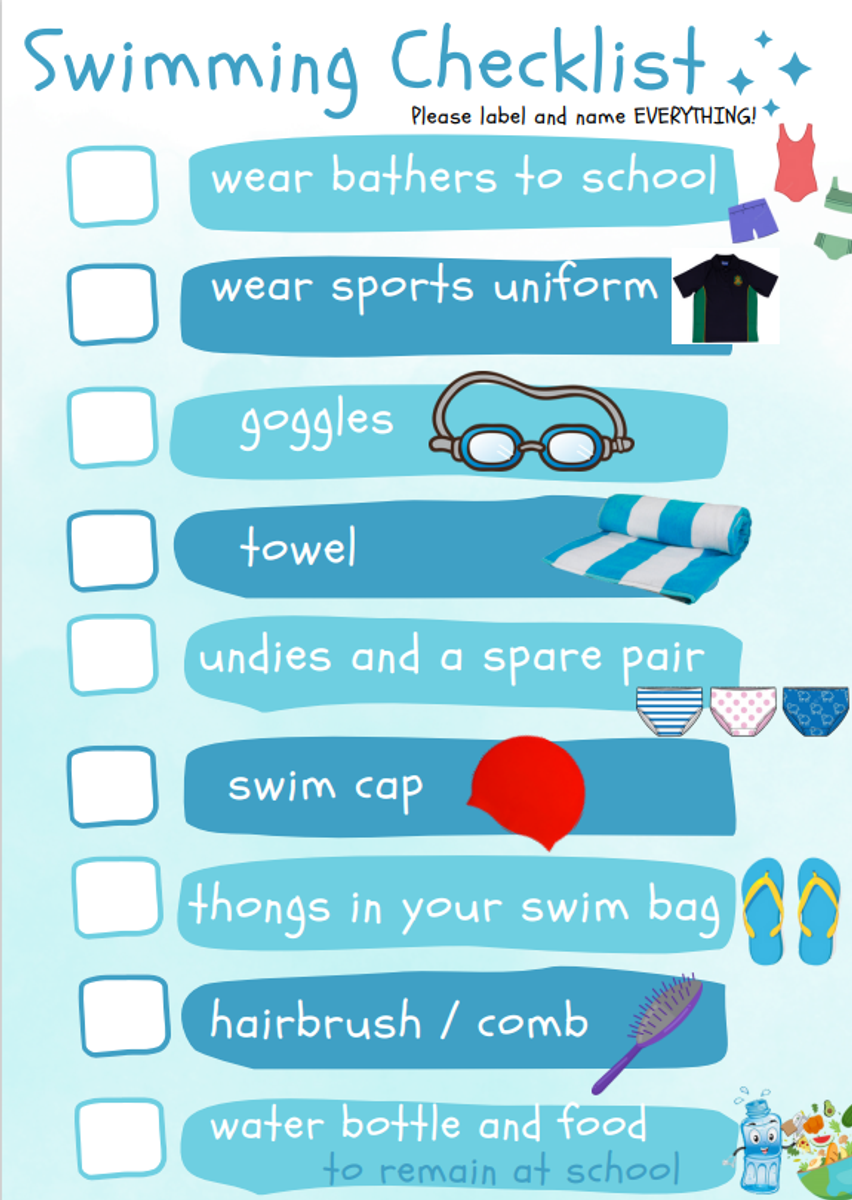Deputy Principal's Report

Flourishing Kids
We recently came across a flyer for an after-school program that supports the development of social skills, understanding and managing feelings, and building self-esteem. It’s easy to overlook such fantastic opportunities, but these programs can provide our children with the extra boost they might need to support their growth and development. If this one doesn't suit your needs, there will be plenty more you could search for in the area.
Building strong relationships with family and peers is crucial, especially when facing challenges in the future. Understanding ourselves, including our strengths and weaknesses, plays a key role in this. We encourage children to broaden their friendships whenever possible, ensuring these connections are built on strong values that align with their beliefs and what they really value.
After-school activities are an excellent way for children to expand their friendships. Coming together with peers for a shared purpose or interest is a significant first step. At school, we offer a variety of after-school activities, including taekwondo, netball, basketball, football, and art classes. Engaging in activities outside of school is also a wonderful way to extend friendships beyond the school environment.
Additional Ideas to Support Positive Friendships:
- Encourage Open Communication: Teach children the importance of expressing their feelings and listening to others. Open communication helps resolve conflicts and deepens friendships.
- Model Healthy Relationships: Children often emulate the relationships they see around them. Demonstrate kindness, respect, and empathy in your interactions with others.
- Teach Conflict Resolution: Equip children with strategies to handle disagreements in a constructive way, such as taking turns speaking, finding compromises, and understanding different perspectives.
- Foster Empathy: Encourage children to consider how others might feel in different situations. This helps them build more compassionate and understanding friendships.
- Organise Playdates or Group Activities: Arrange opportunities for children to interact with different peers in a relaxed setting, which can help them build connections with new friends.
- Discuss the Qualities of a Good Friend: Have conversations with your child about what it means to be a good friend. Discuss traits like trustworthiness, loyalty, and being supportive.
- Celebrate Diversity: Encourage your child to appreciate and celebrate differences in others, whether in culture, interests, or perspectives, which can enrich their friendships.
By supporting our children in these ways, we can help them develop the social skills and emotional resilience they need to build and maintain healthy, positive friendships.
Preparing for Swimming
As we approach two weeks of swimming, this may stir up feelings of stress among the children and their families, who will need to navigate the additional tasks on their to-do lists. Fear not – we have some tips to help you survive this period.
Prepare the night before
We can’t stress this enough: have the swimming bag ready to go the night before. Ensure it contains a towel, swimming cap, goggles, underwear, and slip-on shoes to wear to and from the pool. Swimmers should be worn to school to save time at the pool. Don’t forget a plastic bag for wet swimmers. Make sure everything is labelled, including school clothes, socks, and underwear. From my experience, having two swim bags on rotation works best, allowing time for towels and swimmers to dry.
Pack some extra snacks
Swimming makes children hungry as it uses up a lot of extra energy. Feel free to pack some high-energy snacks for an afternoon boost.
Minimise after-school activities and demands
Your children may come home feeling quite exhausted. It’s perfectly fine to take a week off from extracurricular activities to maintain a sense of calm at home. If necessary, speak with the classroom teacher about reducing homework demands.
Keep the routine the same
Where possible, keep the routine consistent. This will help things run smoothly and reduce any anxiety that may arise during the week.
Focus on the positives and the opportunity to learn
When we’re out of our comfort zone and feeling tired, it’s easy to slip into a negative mindset. Try to keep conversations focused on what’s going well or the opportunities that arise from the experience, rather than on what is difficult or challenging. Some children will approach swimming with great enthusiasm and a positive attitude, while others may feel anxious and worried. We have a social story that you can read together about what the swimming week will look like, which might be helpful. Please reach out if you need extra support.
Thanks for all your support,
Peggy McDonald & Steele Anderson
Deputy Principals

